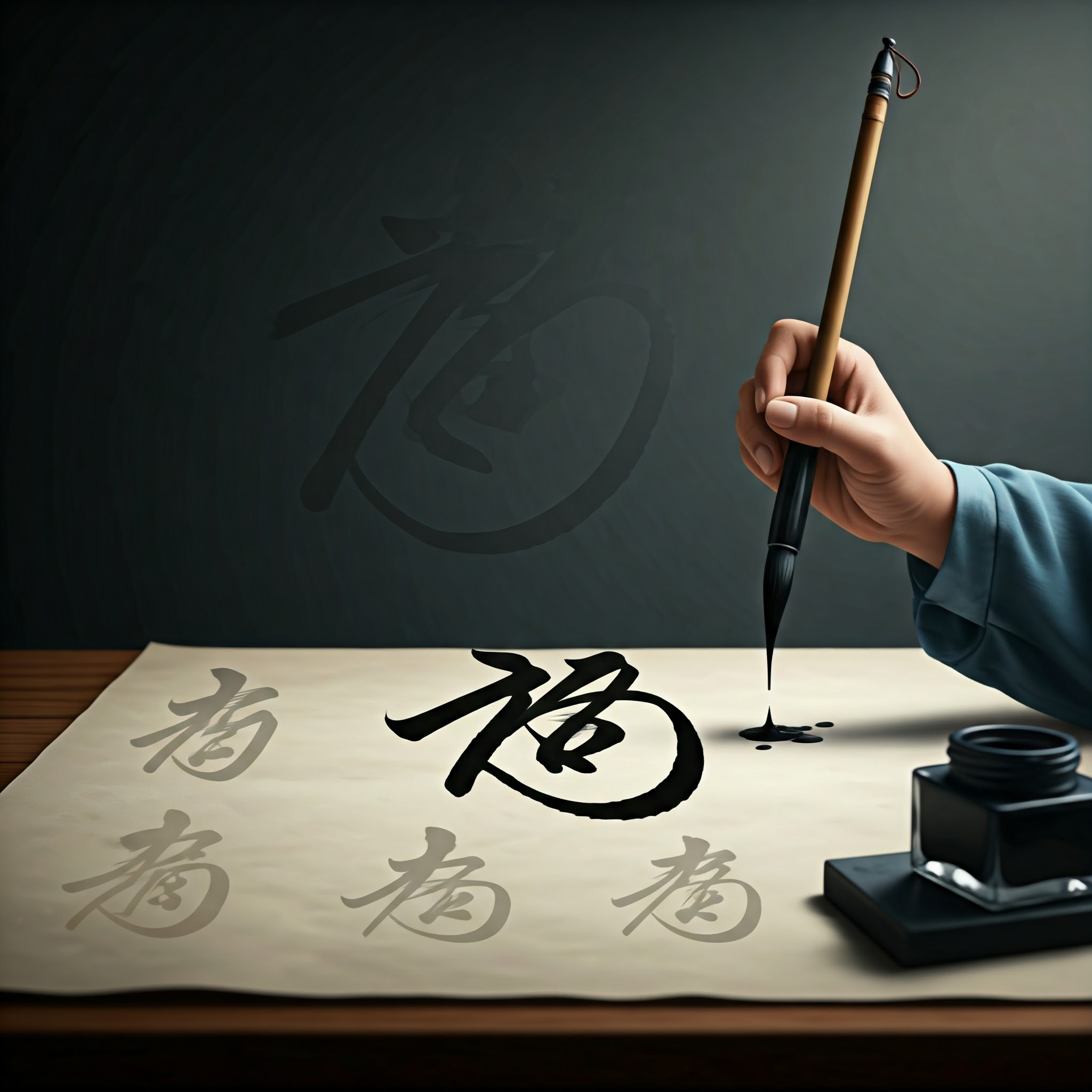"熟能生巧" (shú néng shēng qiǎo) - Practice Makes Perfect

Practice makes perfect; skill comes from practice; through practice, skill arises.
Origins and Historical Context
While the exact origin is debated, the concept of "熟能生巧" (shú néng shēng qiǎo) has been a fundamental principle in Chinese philosophy and pedagogy for centuries. It reflects the emphasis on diligent practice and accumulated experience in achieving mastery. Although it doesn't stem from a single, defined story like some other idioms, its underlying idea can be found in various classical texts and teachings. It highlights the importance of continuous practice and dedication to skill development.
Meaning and Usage
"熟能生巧" literally translates to "familiarity breeds skill/ingenuity." It means that through repeated practice and familiarity with a task or skill, one can achieve proficiency and even mastery. It implies that talent and innate ability are not the sole determinants of success; diligent practice plays a crucial role.
-
Example (Playing a musical instrument): “他每天都坚持练琴,真是熟能生巧,现在已经能演奏高难度的曲子了。” (“Tā měitiān dōu jiānchí liànqín, zhēnshi shú néng shēng qiǎo, xiànzài yǐjīng néng yǎnzòu gāonándù de qǔzi le.”) – “He insists on practicing the piano every day. Truly, practice makes perfect; he can now play very difficult pieces.”
-
Example (Learning a new language): “学习语言没有捷径,只有通过不断的练习,才能熟能生巧。” (“Xuéxí yǔyán méiyǒu jiéjìng, zhǐyǒu tōngguò bùduàn de liànxí, cáinéng shú néng shēng qiǎo.”) – “There are no shortcuts to learning a language; only through constant practice can one achieve proficiency.”
Cultural Significance of Chéngyǔ (成语)
"熟能生巧" reinforces several key values in Chinese culture:
- Emphasis on Hard Work and Diligence: This idiom highlights the importance of effort, perseverance, and dedication in acquiring skills and achieving success.
- Value of Experience: It underscores the role of accumulated experience in developing expertise.
Synonyms and Related Concepts
- 勤能补拙 (qín néng bǔ zhuō): Diligence can compensate for clumsiness; hard work can make up for lack of natural talent.
- 久而久之 (jiǔ ér jiǔ zhī): In the course of time; as time passes. This emphasizes the cumulative effect of repeated practice.